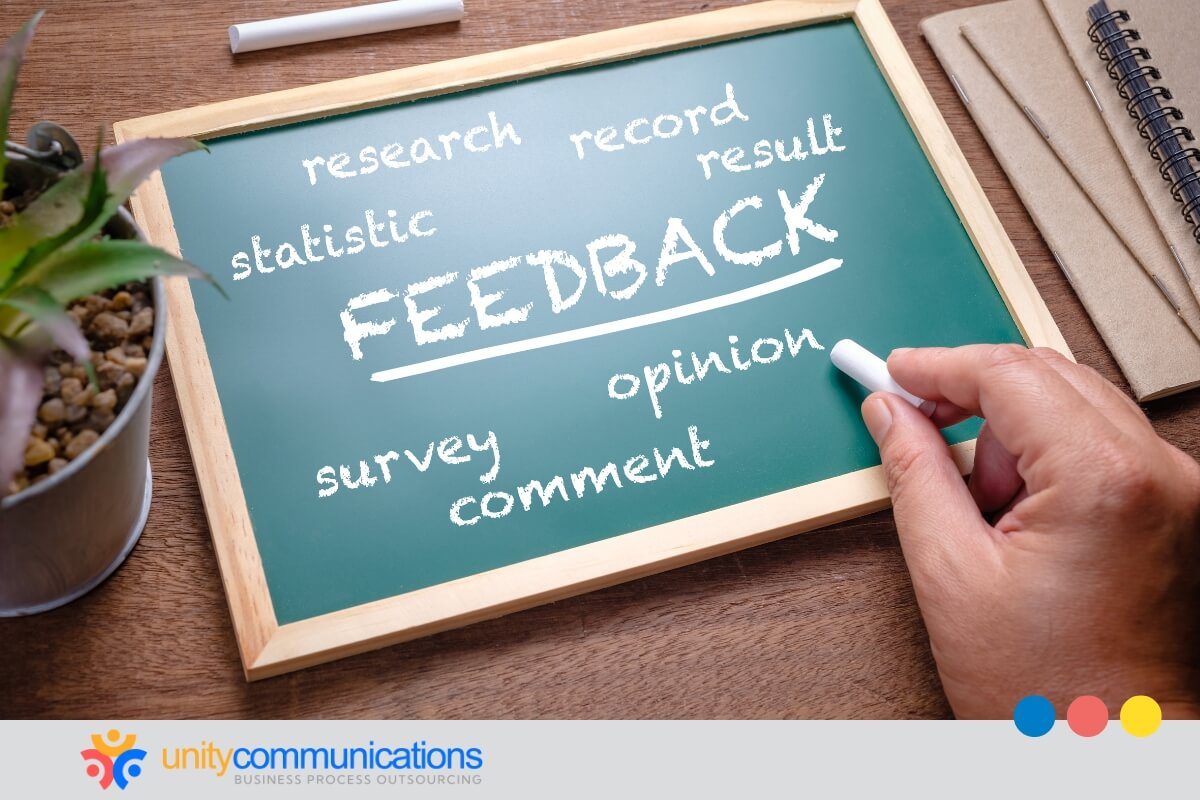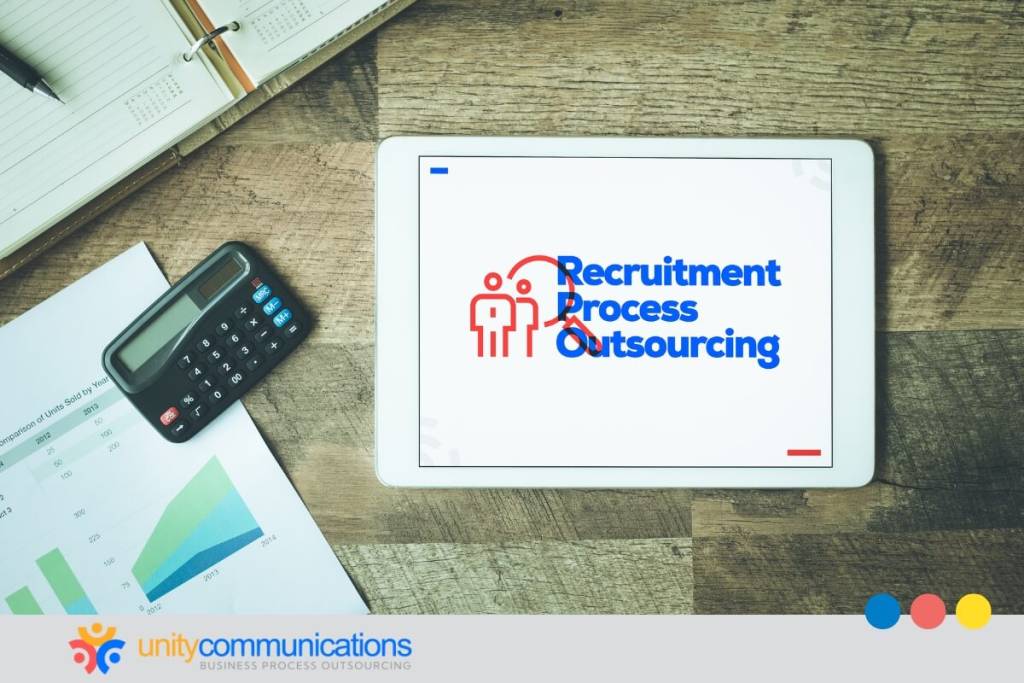IN THIS ARTICLE
Table of Contents
Recruitment process outsourcing (RPO) can improve hiring speed, quality, and scalability—but only if the service provider delivers on expectations. Missed outcomes often stem from vague contracts and misaligned metrics.
As part of the broader business process outsourcing (BPO) model, RPO streamlines recruitment tasks for better results. To ensure it happens, organizations must take a proactive role in setting clear terms and tracking performance.
This article covers strategies to strengthen vendor accountability in RPO contracts. You’ll learn to define contract terms, set performance metrics, and align vendors for success.
Why RPO Vendor Accountability Directly Impacts Hiring Success

Before discussing RPO, we should define what BPO is. It involves delegating specific business functions to service providers, including customer service, tech support, and data entry.
RPO deals with recruitment and talent acquisition processes. While BPO spans various functions, RPO zeroes in on hiring. RPO partners handle parts or all of recruitment, from sourcing to onboarding, helping firms achieve cost savings, strengthen candidate quality, and run more efficient, focused talent acquisition efforts.
Accountability in RPO contracts matters because it affects hiring speed, compliance consistency, and business continuity. Without it, delays, poor candidate experience, and misalignment with company objectives can quickly escalate.
The global RPO market was worth $9.7 billion in 2024 and could reach $22.9 billion by 2030 as demand for cost-efficient hiring support grows. This indicates an increasing dependence on external talent solutions to meet hiring volume and business goals.
Key accountability clauses that must be in every RPO contract
Contracts shape how RPO vendors perform, while clear expectations limit risk and protect operational flow. To set clear expectations, focus on the following vital clauses:
- Data security. Specify storage protocols, access limitations, and breach response timelines to safeguard candidate and employee information during hiring.
- Quality of hire. Use retention, performance metrics, and hiring manager feedback to measure success beyond filling positions. Hiring effectiveness confirms that the talent acquired aligns with organizational goals.
- Employer branding. When interacting with candidates, RPO partners must follow the company’s brand guidelines to protect their reputation and attract top talent.
- Cost per hire. Track total recruitment spending against successful hires to monitor efficiency. This clause helps control expenses, benchmark return on investment (ROI), and push vendors to deliver better results without inflating costs.
The heart of vendor accountability in RPO contracts lies in defining duties, measurable outputs, and repercussions when the provider doesn’t meet the agreed standards. These terms keep vendors on track and help meet your hiring needs reliably.
Set clear SLAs and track performance metrics
Service-level agreements (SLAs) and key performance indicators (KPIs) influence how third-party contractors deliver on hiring goals. They give you practical insights and tools to drive vendor accountability in RPO contracts and align execution with business goals, especially when they define outcomes and timelines.
Strong SLAs outline the standards for timely, high-quality delivery. When the provider misses benchmarks, built-in consequences uphold consistency. This clarity maintains compliance and smooth operations. KPIs provide real-time data on vendor performance that affects future evaluations. Key metrics to include:
- Time to hire tracks how long it takes to move a candidate through the pipeline.
- Time to fill measures the vacancy length from the job post to the accepted offer.
- Long-term value determines retention, talent progression, and employee growth.
- Real-world alignment compares performance with industry benchmarks and internal needs.
Companies implementing RPO can save more than 50% in the first year due to lower hiring costs and improved efficiency. This signals the rising demand for data–driven hiring models that tie performance to measurable output and financial value.
Establish clear escalation protocols before problems arise
Vendor accountability in RPO contracts relies mainly on having clearly defined escalation paths and issue resolution mechanisms. When issues occur, timely interventions are crucial to avoid disruption to the hiring process. Clear escalation protocols allow your team to address delays, disputes, or nonperformance quickly and effectively.
These protocols typically include identifying contact points for escalating issues, from frontline managers to senior leadership. Each level promotes faster resolution, minimizes delays, and maintains recruitment momentum. The clarity of these protocols fosters smoother operations.
Effective issue resolutions create an environment where challenges are addressed head-on without impeding recruitment efforts. Effective escalation protocols include clear steps for addressing and resolving issues, senior leadership involvement when necessary, and transparent communication with all parties. They also outline defined consequences for vendor nonperformance.
Minor issues and disagreements can spiral out of control without a structured escalation plan. Setting clear resolution steps allows you and the vendor to solve problems without disrupting hiring goals.
Implement structured performance reviews and check-ins

Consistent performance reviews and check-ins can strengthen vendor accountability in RPO contracts. These feedback cycles ensure alignment between the vendor’s performance and your company’s hiring goals.
Regular reviews help track progress, pinpoint emerging issues, and confirm that parties share the same priorities. They also uphold long-term objectives, such as quality hires and faster placements, across the engagement. Feedback encourages the RPO provider, BPO vendor, or similar third-party contractor to continuously improve and adapt to your needs, driving better outcomes.
Successful performance reviews include structured and frequent check-ins to identify gaps and detailed performance data sharing to support clarity and informed decision-making. They also ensure precise alignment with strategic recruitment goals and provide actionable steps to improve performance and collaboration.
Scheduled performance reviews improve vendor accountability, foster transparency, and strengthen collaboration by offering real-time insights into gaps, identifying issues early, and allowing both parties to address problems without risking the hiring process.
Use data-driven reporting to maintain vendor oversight
Robust reporting and analytics primarily drive vendor accountability in RPO contracts. Data-driven insights provide visibility into the provider’s real-time performance and crucial metrics (candidate quality and cost per hiring).
Regular reports determine whether they meet agreed-upon expectations and hiring goals. They inform decisions, including the refinements necessary to improve recruitment. Analytics can accurately monitor recruitment ROI and provide ideas on using the budget more efficiently while fulfilling hiring goals.
The best RPO reports include key metrics such as time to hire and time to fill to measure efficiency and quality of hire, as well as candidate retention to assess value. They also feature real-time performance tracking for oversight and data-driven cost analysis to support effective budgeting. Effective reporting and analytics turn RPO oversight from guesswork into informed action.
Define roles and deliverables to eliminate confusion
Clarity around scope, timelines, and responsibilities strengthens vendor accountability, cuts confusion, and builds shared understanding between your company and the RPO provider. Defined roles eliminate finger-pointing when problems arise and keep each party focused on outcomes.
Rising hiring challenges show why alignment matters. A recent report found that 63% of employers see skill gaps as the top barrier to progress through 2030. This underscores the need for structured expectations between internal teams and outsourcing partners to avoid project stalls.
Set expectations early to reduce friction and be specific with service descriptions and task ownership to avoid missteps. To ensure consistency, define timelines and escalation points upfront, and map responsibilities. This includes documented task ownership for each hiring phase, milestone tracking tied to deliverables, transparent workflows to reduce confusion, and pre-set response paths for unmet expectations.
Create performance-based incentives and consequences
Clear incentives and meaningful penalties reinforce vendor accountability in RPO contracts. Structured rewards encourage vendors to exceed targets, while defined consequences deter performance gaps. This balance promotes consistent delivery and encourages proactive effort across hiring activities.
A reward system tied to quality of hire, speed to fill, or retention drives positive behavior. Vendors can go beyond baseline targets without inflating costs and eroding efficiency. Small bonuses or preferential contract terms can boost motivation and loyalty.
At the same time, penalties help prevent avoidable lapses. If sourcing or onboarding milestones slip, fees or service credits tied to SLA breaches help recover losses and keep third-party BPO providers focused on outcomes.
Other performance-based levers include tiered bonuses for early or above-target delivery and pay-for-performance clauses linked to quality metrics. Additional options include renewal incentives based on vendor scorecards, service credits for missed hiring goals, and incentives for exceeding diversity targets.
Build risk mitigation strategies for underperformance

Unexpected vendor shortfalls can derail hiring if you lack backup plans. Establishing fallback measures supports vendor accountability in RPO contracts and helps your team stay on course despite issues with service delivery or candidate quality.
Start by building a risk assessment framework. One recent study found that 85% of firms assess third-party risks through compliance checks. Over half initiate these reviews at the contract’s start. This shift reflects a growing push to spot weak points early and build more innovative mitigation plans.
Review historical performance and identify which recruitment stages are most vulnerable to vendor failure. Then, map contingency actions for each potential issue, such as missed deadlines, low-quality candidates, or poor communication.
Examples of effective risk mitigation strategies include having pre-vetted secondary vendors ready for activation and setting response timelines for each type of risk. Additional measures involve assigning internal escalation teams by task, conducting regular contract-level risk audits, and creating action plans for SLA breach patterns.
Create a governance framework for long-term success
Structured governance reinforces vendor accountability by setting the rhythm for performance tracking, decision-making, and shared priorities across teams. It also supports strong collaboration and continuous improvement. Procurement, HR, and legal teams sync with the RPO provider through documented protocols and regular checkpoints.
These routines provide a shared baseline for assessing success and flagging potential setbacks early. Meanwhile, feedback loops from hiring managers, performance data, and SLA results feed into review meetings, prompting refinements. Teams can address issues without tension or finger-pointing and keep pace with shifting hiring needs.
An excellent governance model also stays compliant by integrating contract terms, metrics, and reporting into one system. This approach simplifies auditing and reduces the chance of disputes or delays during the partnership.
A strong governance structure includes recurring multi-party review meetings and clearly defined escalation and decision-making tiers. It also features feedback channels from internal teams, documented KPIs and performance dashboards, and written protocols for managing scope changes and approvals.
The bottom line
Strong vendor accountability transforms RPO from a risky investment into a strategic advantage. Implementing clear contracts, measurable SLAs, and structured oversight will improve hiring speed, candidate quality, and ROI.
Ready to strengthen your RPO partnership? Let’s connect and explore how a structured RPO agreement can drive better outcomes.





